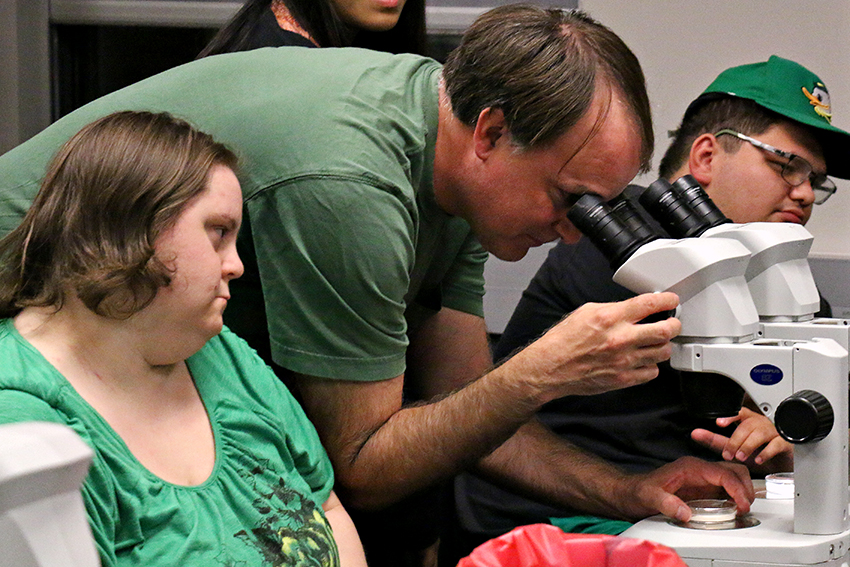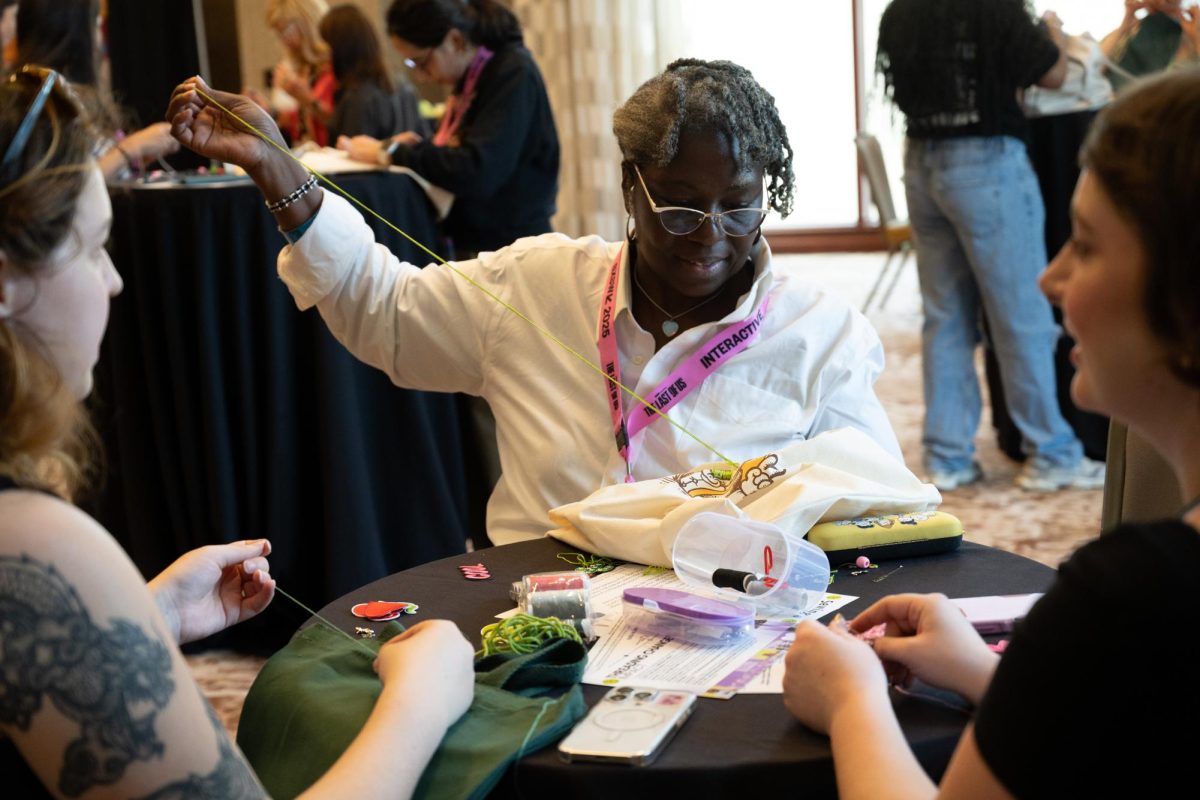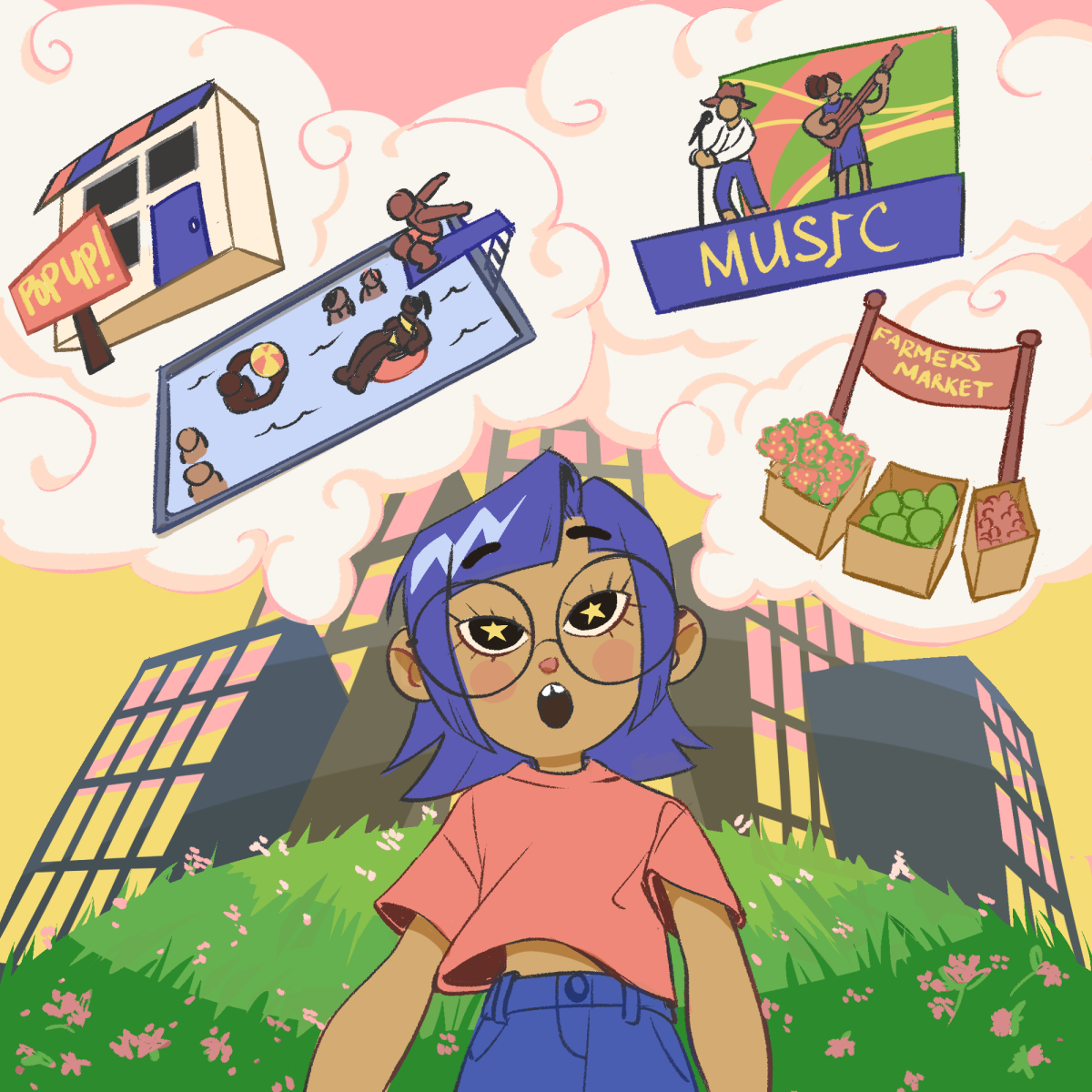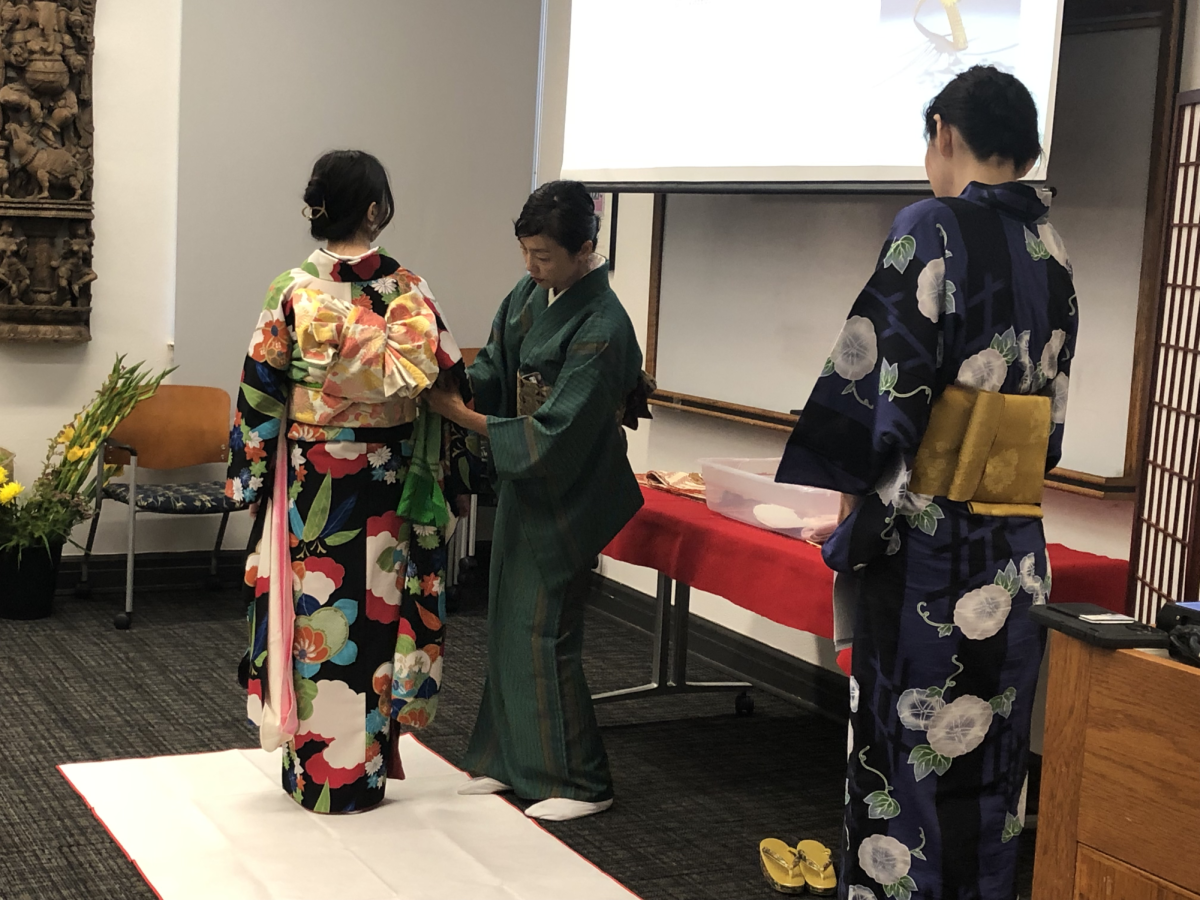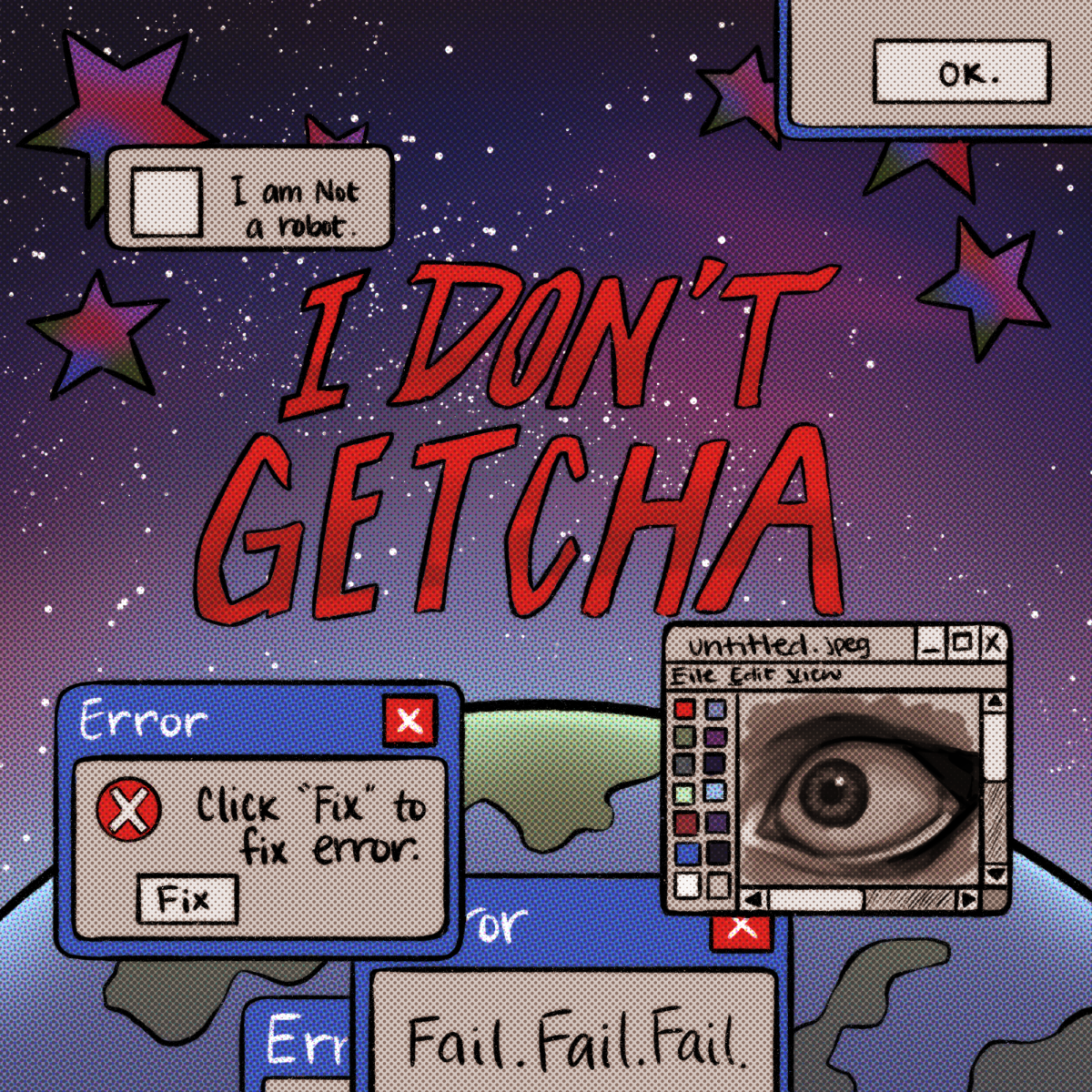When Jon Pierce-Shimomura’s son was born in 2001, like most parents, he was already worrying about what to do when it came time for his son to go college. But for him, it was different; his son was born with Down Syndrome.
Frustrated with the lack of options for high school graduates with intellectual and developmental disabilities, Pierce-Shimomura, a neuroscience assistant professor, decided to begin a postsecondary program of informal night classes at UT for adults with IDDs. Knowing he wasn’t the only one unsure of his child’s future, he felt inspired to begin advocating, in his own way, for educational rights of students with IDDs.
“[Parents of people with disabilities are] always concerned about the future for their disabled loved one,” Pierce-Shimomura said. “College is a milestone for people with developmental and intellectual disabilities because no one expects them to go there. There’s sports groups, theater groups, art groups [for people with disabilities] — but for postsecondary education, we’re not there yet.”
Pierce-Shimomura decided to start with what he knows best: science. The project began in 2009 with a single class but now serves approximately 200 students annually. As he began to expand his program and look for more instructors, Pierce-Shimomura emphasized that teachers should keep high expectations of their students, despite their disabilities. Some came prepared to teach elementary painting for art classes, but Pierce-Shimomura insisted they should be taught subjects like French Impressionism in art class, subjects he believed any college student would be interested in.
“Here, I [began] meeting with adults with Down Syndrome that could do amazing things,” Pierce-Shimomura said. “We teach academic subjects that would be of interest to UT students as well as to adults with IDDs. Like a good PBS show: There’s complicated and sophisticated material as well as simpler materials.”
In the future, Pierce-Shimomura hopes to integrate students with IDDs into standard UT classrooms. But he has encountered resistance from an unexpected party — parents.
“Many [parents] are hesitant because they haven’t been prepared for this idea,” Pierce-Shimomura said. “They’ve been sheltering their adult child with disabilities.”
Adjunct associate professor James Patton, who serves as an advisor to Best Buddies, a volunteer-based community outreach program where students are paired with an adult with an IDD, started teaching informal photography courses last spring and said he strongly believes Pierce-Shimomura’s program has made a positive impact on students and presents a productive alternative to adult daycares or just staying at home.
“They enjoy this, they benefit from it, they look forward to it,” Patton said. “They probably look forward to these classes more than other folks do in some ways. It’s enriching for them to have these opportunities.”
Core Haley, who took Patton’s photography course, said the class gave her opportunities to explore photography in ways she never had before.
“I loved it,” Haley said. “I just loved the whole experience. It was well-put together. I like that there was indoor and outdoor things and that it was very interactive.”
Pierce-Shimomura said more universities should consider adopting informal class programs or start working towards integrating their classrooms. Above all, he strongly believes that students with IDDs should be given the same opportunities as everyone else.
“Students come to UT to see the edge of knowledge,” Pierce-Shimomura said. “To celebrate that and push that and learn things your parents and past generations never even knew. [Students with IDDs] are capable of all sorts of amazing feats. You just have to set expectations and they’ll rise to the occasion.”

